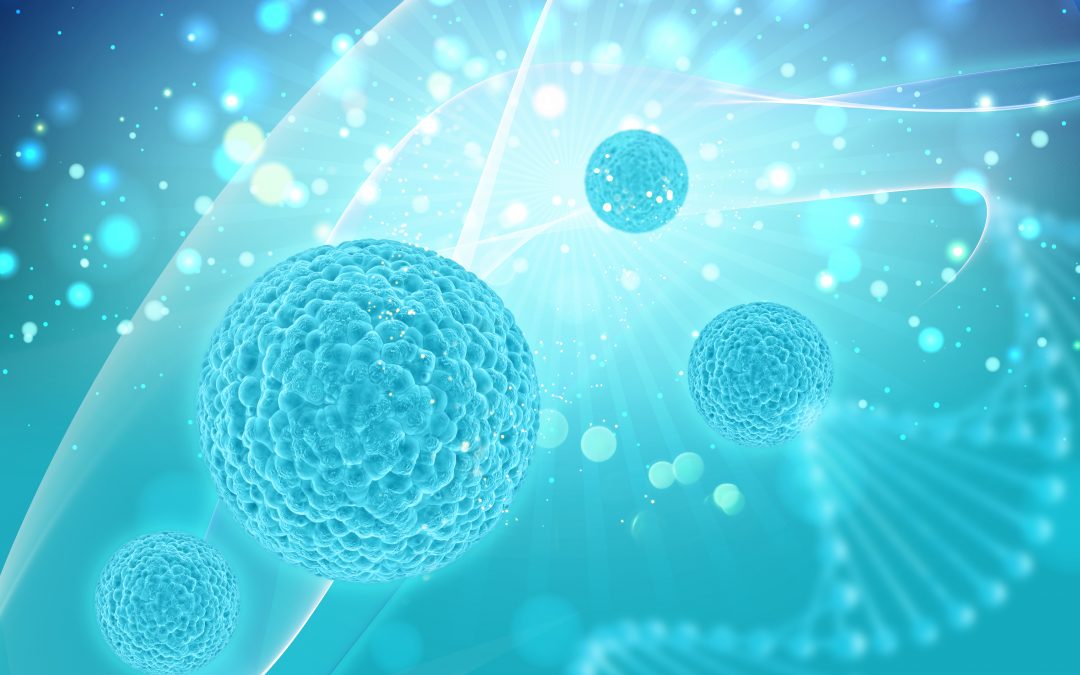Bacteria plays an important role in the water purification process. Naturally occurring bacteria in untreated water can help to purify water through biodegradation; however, some bacteria, including human pathogens can pose a threat to consumers.
Left untreated, wastewater can be detrimental to the environment because waste from humans and pets are can carry waterborne diseases and bacterial contamination, however, the use of microorganisms can be used to treat wastewater and sewage.
Microorganisms introduced to the wastewater can treat and purify wastewater reducing environmental impact. The most prevalent microbes used to treat sewage are facultative microorganisms, aerobic anaerobic bacteria to minimize the impact on the environment.
Aerobic Bacteria
Aerobic bacteria is a bacterium that uses the free oxygen in the water to break down pollutants in wastewater. The bacterium converts to energy allowing it to grow and reproduce. This type of bacteria requires the addition of oxygen mechanically to ensure the continued growth of bacteria so it will continue to consume the food source.
Anaerobic Bacteria
Anaerobic bacteria reduces the volume of sludge and produces methane gas from it in wastewater treatment. This type of bacteria is used more often than aerobic bacteria because, if cleaned and handled properly, the methane gas can be used as an alternative energy source and counterbalances high wastewater treatment energy consumption levels. Another benefit of anaerobic bacteria is that it does not require the addition of oxygen, eliminating one step in the process.
Facultative
Facultative microorganisms are a type of bacteria that can transform from aerobic to anaerobic bacteria using dissolved oxygen.
Industrial and municipal wastewater treatment plants use bacteria and other microorganisms to clean sewage. Selecting the right bacteria to be used can increase and improve water quality and can provide alternative energy.
Diamond Water Systems is a leading provider of water filtration systems for industrial, municipal, and commercial applications. To learn more about our products and services, visit our products page or call us now to learn more about bacteria usage in water treatment.

